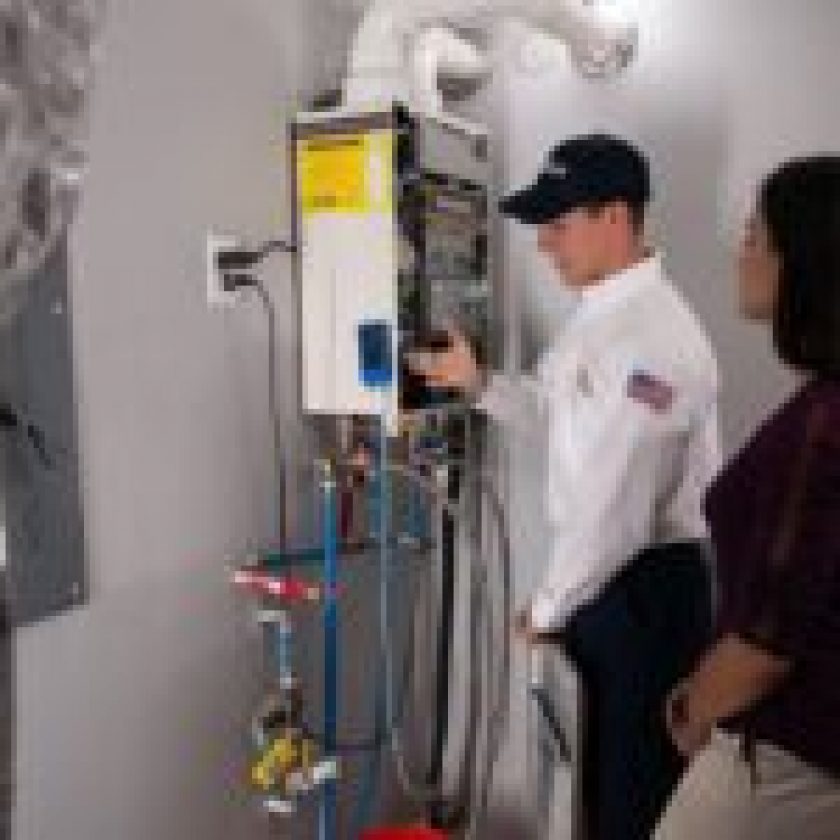If you’re looking to buy a car, now is a great time to do your research and figure out what you want. With inflation on the rise, it’s more important than ever to be smart about your money and make sure you’re getting the best deal possible. Here are some tips to help you get started.
1. Know the true value of the car you’re looking to buy
Before you start shopping for a new car, it’s important to know the true cost of ownership. The purchase price is just the beginning; you also need to consider things like gas mileage, insurance rates, and maintenance costs. Cars that are cheapest to insure might not be the most economical in the long run. Similarly, cars with great gas mileage might be more expensive to maintain. By doing your research ahead of time, you can avoid overspending on your new car.
2. Avoid buying a new car – they lose their value quickly

source: pinterest.com
In the first year of ownership, a new car can lose up to 20% of its value. By the time it is five years old, it will be worth only about 60% of its original purchase price. Not only does this mean that you’ll get less money for your car if you decide to sell it, but it also means that your car will be worth less if it’s totaled in an accident.
3. Research which cars are best for your needs and budget
Shopping for a new car can be an overwhelming experience. With so many makes, models, and features to choose from, it’s hard to know where to start. However, the process can be made much easier by taking some time to research which cars are best for your needs and budget.
The first step is to determine what you need from a car.
- Are you looking for something that’s large enough to accommodate a family?
- Are you looking for something that’s more fuel-efficient?
Once you’ve established your needs, you can start to narrow down your options.
The next step is to set a budget. How much can you afford to spend on a car? Once you’ve determined your price range, you can start looking at specific models that fit your budget. By taking the time to do your research, you can make the process of buying a new car much less daunting.
4. Find a reputable dealer who will give you a good deal

source: pinterest.com
When you’re ready to start shopping for a new car, it’s important to find a reputable dealer who will give you a good deal. There are many ways to find a reputable dealer, such as asking friends and family for recommendations or reading online reviews.
Once you’ve found a few dealerships that you’re interested in, make sure to shop around and compare prices. You might be able to get a better deal by negotiating with multiple dealerships.
5. Don’t be afraid to negotiate – dealers can usually lower the price if they want to make a sale
One of the most important things to remember when buying a new car is that you shouldn’t be afraid to negotiate. Dealers are usually willing to lower the price if they want to make a sale, so it’s always worth asking for a better deal.
If you’re not sure how to negotiate, there are many resources available that can help you learn the basics. By taking the time to negotiate, you can save yourself a lot of money.
6. Have your car inspected by a mechanic before you buy it, to avoid any costly repairs down the road

source: pinterest.com
Anytime you buy a car, whether it’s new or used, you want to be sure that it’s in good condition before making such a large purchase. No one wants to end up with a lemon – a car that has lots of problems and requires frequent (and expensive) repairs.
That’s why it’s always a good idea to have a mechanic inspect the vehicle before you buy it. They can check for any existing damage and give you an estimate of how much it would cost to fix it. This way, you can factor those costs into your decision of whether or not to buy the car.
Of course, no inspection is 100% foolproof, but it’s an important step to take in order to avoid costly repairs down the road.
7. Consider leasing as an option, especially if you don’t plan on driving the car for very long
Leasing a car generally requires a lower upfront investment than purchasing, and monthly payments are often lower as well. In addition, leases typically include some degree of warranty coverage, so you may not have to pay for repairs or maintenance during the lease period.
Of course, one downside to leasing is that you don’t own the car at the end of the lease, so it’s not ideal if you plan on keeping the vehicle for a long time. However, if you’re looking for a short-term solution, leasing can be a great way to save money on your next car purchase.
Inflation can be a daunting topic, but it’s important to be smart about your money and make sure you’re getting the best deal possible when buying a new car. By following these tips, you can ensure that you get the most bang for your buck.





